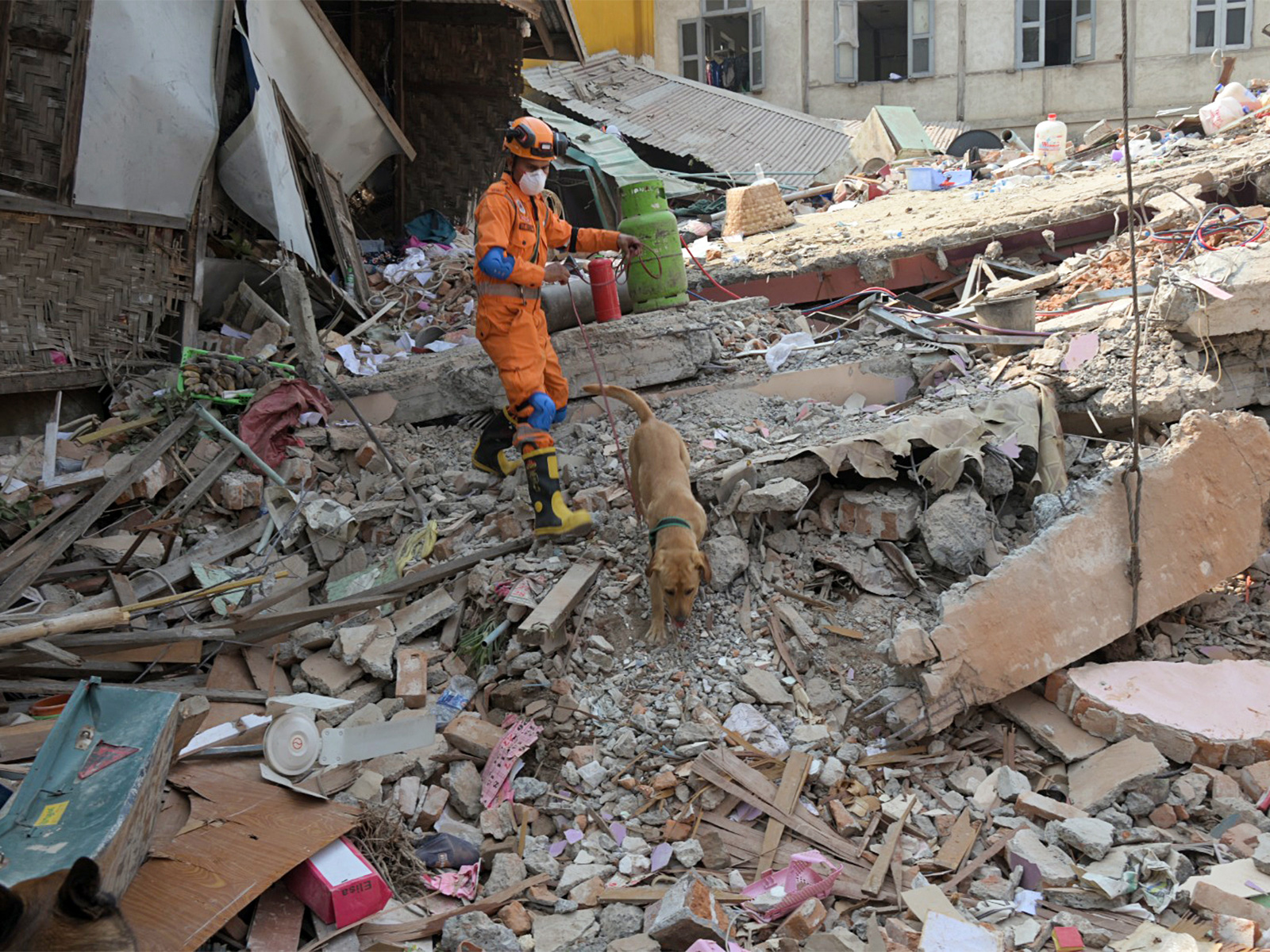Water levels at Lake Titicaca dropping quickly after unprecedented winter heat wave: Report
Sep 04, 2023

Washington DC [US], September 4 : Water levels at Lake Titicaca, South America’s largest lake, are dropping quickly after an unprecedented winter heat wave, CNN reported.
This is in turn affecting tourism, fishing and agriculture, which locals rely on to make a living.
Nazario Charca, 63, who lives on the lake and makes a living ferrying tourists around its waters, said, “We don’t know what we will do from now until December because the water will keep getting lower.”
Visitors have long been attracted to the blue waters and open skies of South America’s largest lake, which straddles more than 3,200 square miles across the border of Peru and Bolivia.
The lake sometimes described as an “inland sea,” is home to Aymara, Quechua and Uros indigenous communities and sits at an altitude of around 3,800 meters (12,500 feet) in the central Andes mountain range, making it the highest navigable lake in the world. The extreme altitude also exposes the lake to high levels of solar radiation, which enhances evaporation and constitutes most of its water losses.
More than three million people live around the lake, relying on its waters to fish, farm and attract tourists who boost the economy of an otherwise marginalized region. Now the lake is at risk of losing some of that magic.
As per CNN meteorologist Taylor Ward, while water levels are known to fluctuate each year, these changes have become more extreme due to the climate crisis. A record-breaking winter heat wave has led to increased evaporation and decreasing lake levels, worsening water deficits brought on by drought.
Sixto Flores, director in Puno for Peru’s national meteorology and hydrology service (Senamhi), told CNN that precipitation there was 49 per cent lower than average from August 2022 until March 2023, a period that includes the rainy season during which water levels usually recover.
Flores told CNN that by December water levels will be heading toward the lowest recorded since 1996 if the lake evaporates at the same rate as it normally does in the next few months, which he described as “very serious.”
This is part of a “gradual decline” in water levels at the lake in recent years, said Flores, and a recent study that examined satellite images from 1992-2020 showed that Lake Titicaca is losing around 120 million metric tons of water per year, which the authors say is primarily due to changes in precipitation and run off.


















